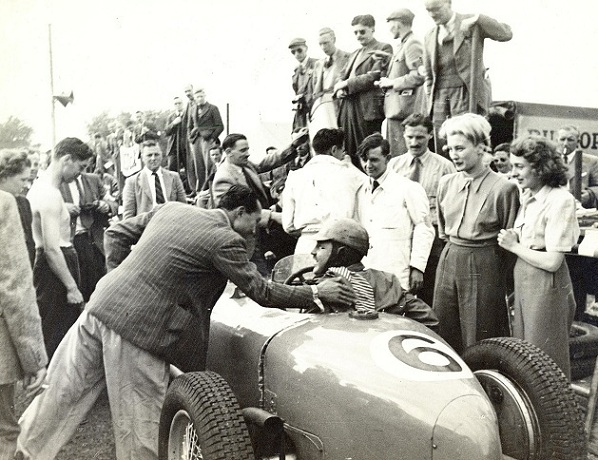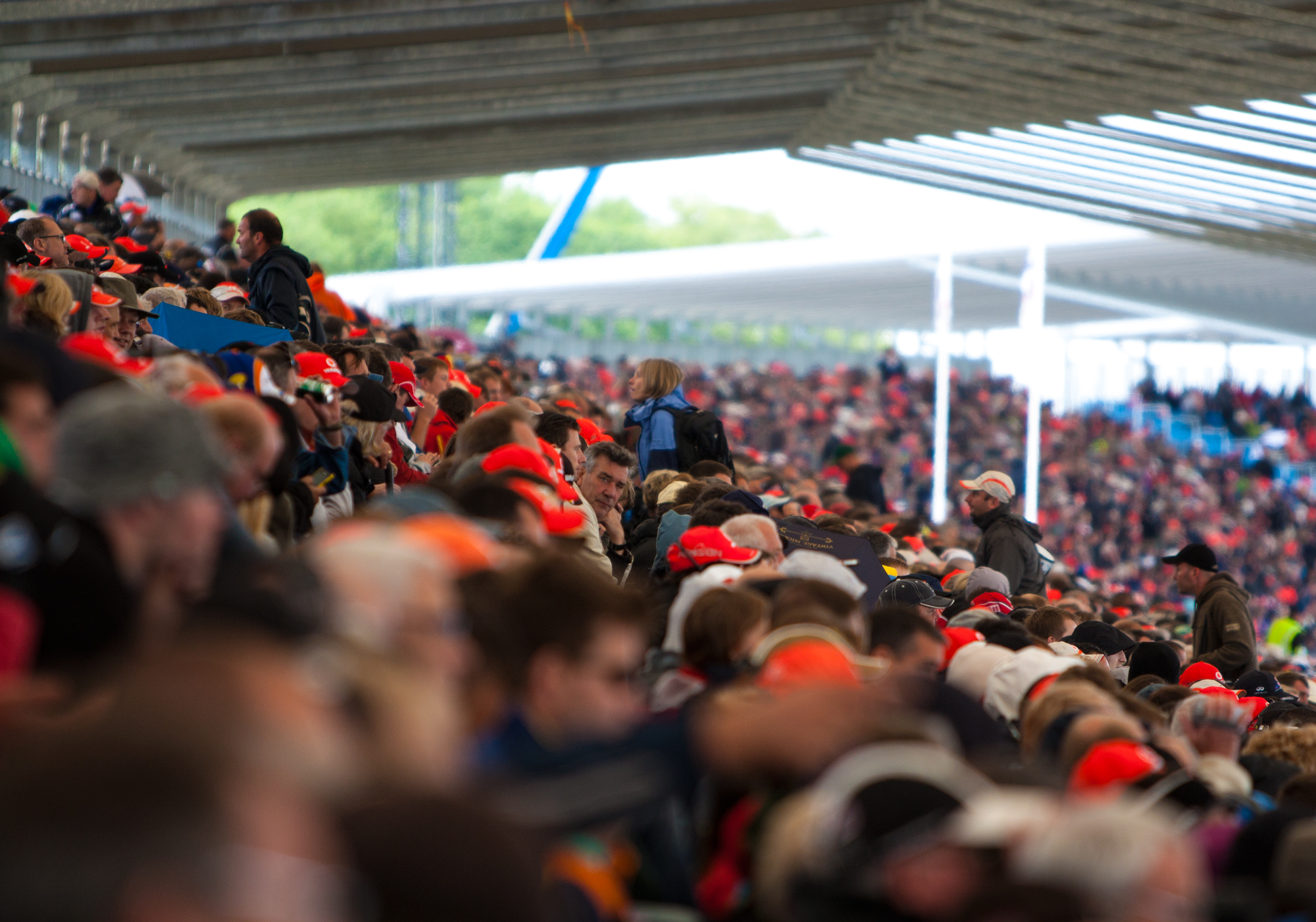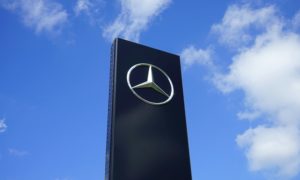This weekend F1 fans can look forward to what promises to be a Turkish delight. It’s going to be closer than close, with overtaking galore on this the best of the Tilke tracks, and at least six changes of the lead before a tight finish. Sound likely? Well no, not really, and why not? Because it is confidently predicted that, barring mechanical problems, Red Bull will waltz this one. By a country mile.
However dull the race may be as a result of their brilliance, for the discerning observer, Red Bull are to be admired. Adrian Newey and his team have built one of the great grand prix machines in the RB6. In normal conditions, they cannot be touched. With the normal Newey Achilles heel of mechanical frailty seemingly vanquished for the time being, the red, blue and yellow machine simply has no peers. “They are driving in another universe,” says Michael Schumacher, a man who knows a thing or two about good F1 cars.
But even in these days of technical wizardry, a good F1 car still requires top-line drivers to convert the potential into hard results. The received wisdom about the team dynamic used to be that Webber was the developer, the journeyman perhaps, shining on his day as he did at the Nurburgring last year. Vettel, on the other hand, was the new Schumacher, the man who won in a Toro Rosso at Monza, the Next Best Thing and the only credible talent rival to Fernando Alonso and Lewis Hamilton.
2010 has changed these ideas. In the last two outings, it has been the lesser fancied of the two Red Bull racers, Mark Webber, who has taken the chequered flag with aplomb. In fact, in colder terms, he has massacred Sebastian Vettel. They are tied on points at the top of the championship, but with the momentum tangibly resting with the Australian. So what has happened to the new wunderkind? Is he on the ropes, pummelled by Webber’s brilliance? Or is it just a temporary state of affairs?
Some of the explanation lies with an improvement on Webber’s side. He started this year perhaps more comfortable in the role of underdog than he started 2009: as the old, battered veteran trying to defend his reputation against a young upstart. More than that, he had absolutely nothing to lose this time. This was going to be his last year for Red Bull, probably, and psychologically that would have been something of a release. Now, he is hot property, with his name linked to the holy grail of Ferrari (although that probably won’t happen).
He has always been quick, Webber, and that has never been in doubt. But this year has also seen a more consistent approach; none of the mistakes or seemingly terminal bad luck dogs him these days in the same way it used to. He has made full use of the opportunities presented to him, and if he continues to do that, with all his experience to draw on, he could be a very credible contender for the world title.
Some say that the differences between top level F1 drivers are so small that even the tiniest advantage translates to dominance on the track. That advantage could be mechanical, for a start. Webber has hit the sweet spot with his Red Bull that means it is almost perfectly balanced, responding to exactly what he wants to do and more, meaning the driver is brimming with confidence inside the cockpit. Jenson Button would be another perfect example of an unfancied driver showing exactly what he is capable of when put at the wheel of a supreme piece of automotive engineering.
But that advantage could also be psychological, with that idea of momentum and dominance reinforcing Webber’s self-image. Meanwhile, it is perhaps principally psychologically that Vettel has been suffering. He maybe feels it the most when he is beaten by Webber, partly because he is his team-mate and it is natural that that hurts the most, but also because Vettel’s arrival in 2009 and subsequent results reinforced the idea that Webber’s talent was fundamentally inferior. So now, with Webber beating him, Vettel is questioning himself for the first time in his career. Much like Hamilton did in 2009, and Alonso did in 2007. It is bound to result in some frustration, maybe even a negative cycle of performance.
But then the fact emerged the other day that there were some faults with Vettel’s chassis, definitely in Monaco and possibly in Spain as well. This will have come as a tremendous boost to Vettel’s mental state, effectively providing the reason why he was up to a second a lap down on Webber through the streets of Monte Carlo. Expect to see sparks fly as Vettel attempts to reassert his authority in the coming races. To some it is clear that the two are not bosom buddies, despite protestations that they “push one another”. They both want to win, and in doing so to beat the other. Although gracious in defeat, they each sting when the other wins.
It remains to be seen whether, if Vettel returns to the top step of the podium this weekend, Webber will be able to make another step up from his already considerable level of performance. The general impression is that this 2010 Webber is an improved version of what was always a very competent racing driver – and constituting the first of a series of battles Vettel will have to win if he wants to be considered a great. Vettel, to many aficionados, is the natural heir to Schumacher, and may be more akin to Senna than his countryman. But as has been said before, this is a golden era of machinery and talent in this sport. And Vettel needs to beat Webber this season, in this car, now, to prove he is in the top three.






